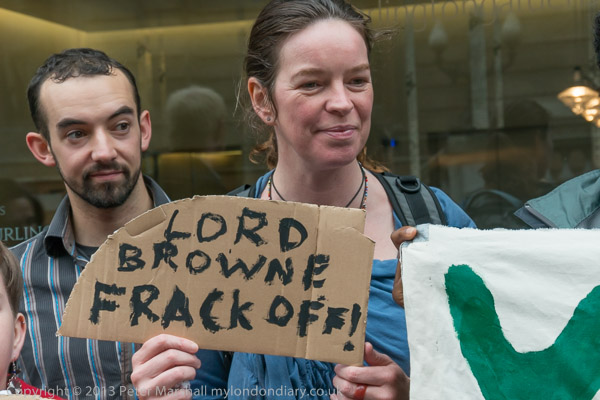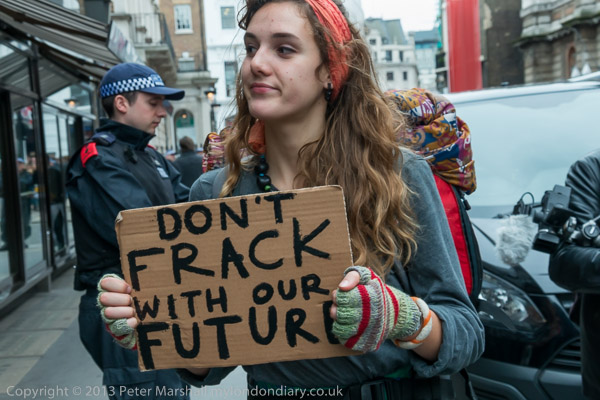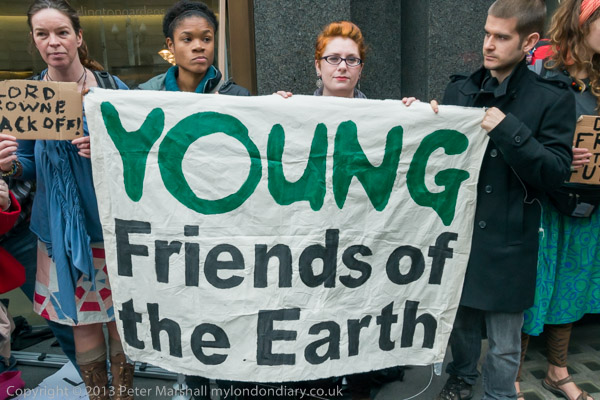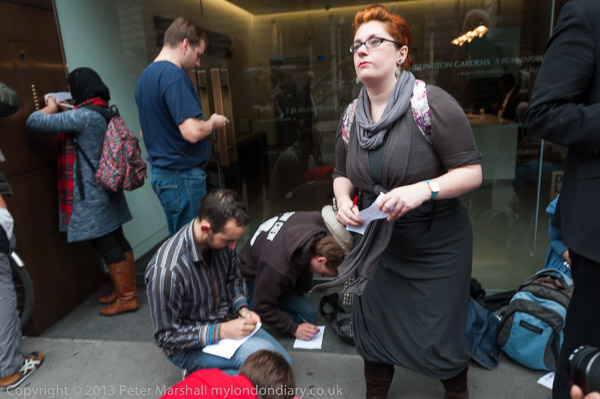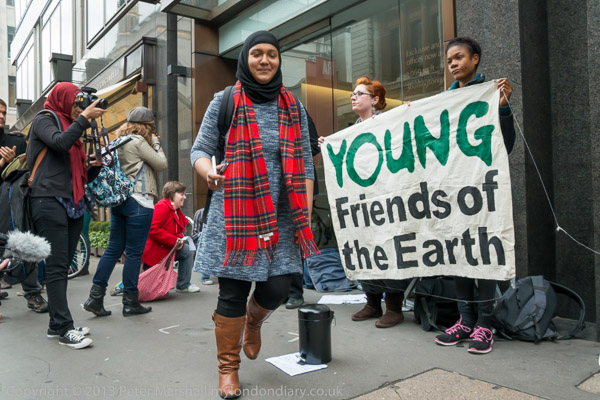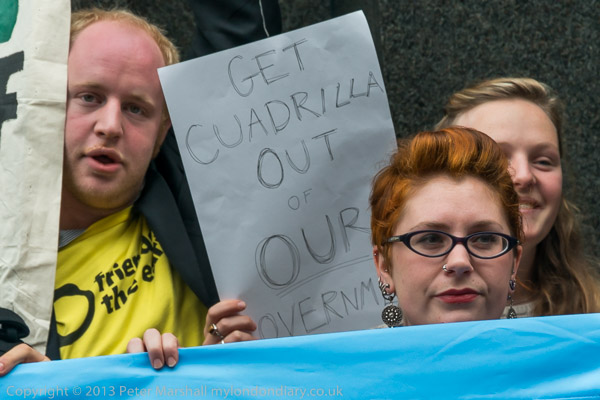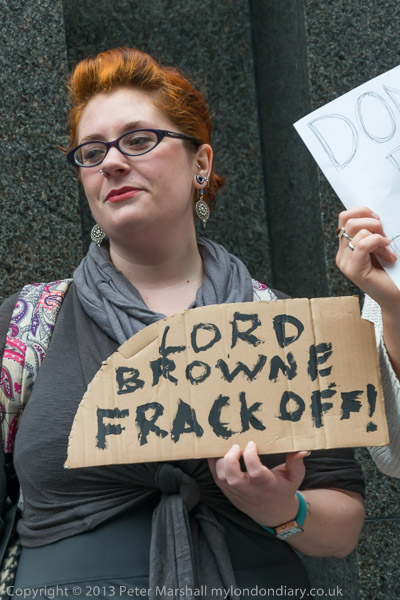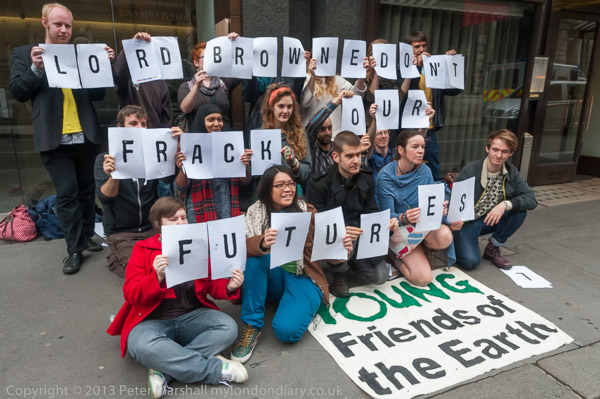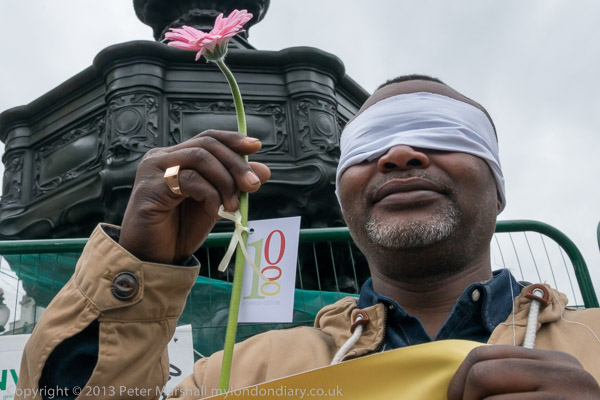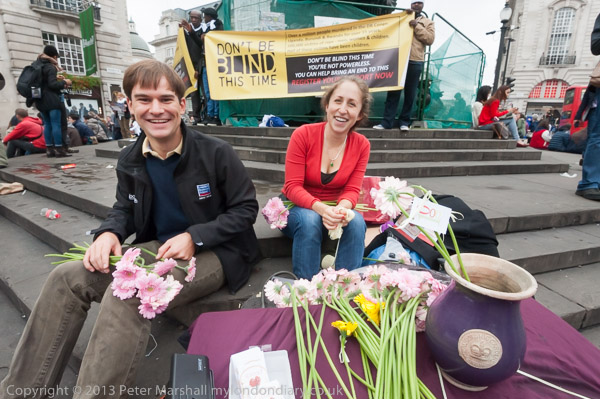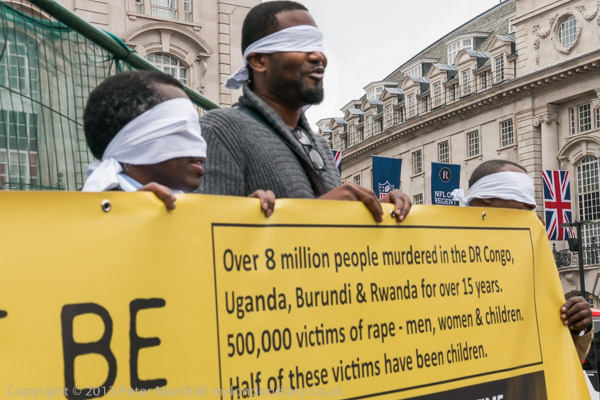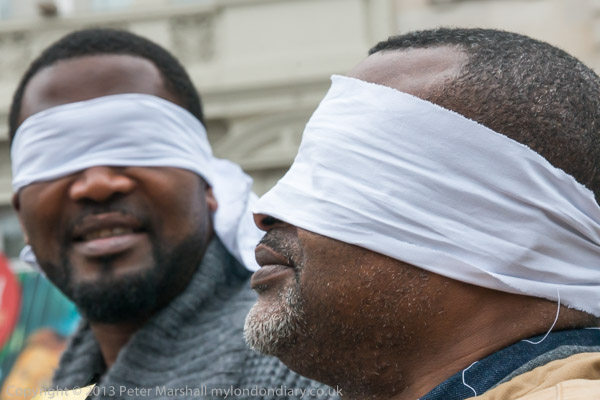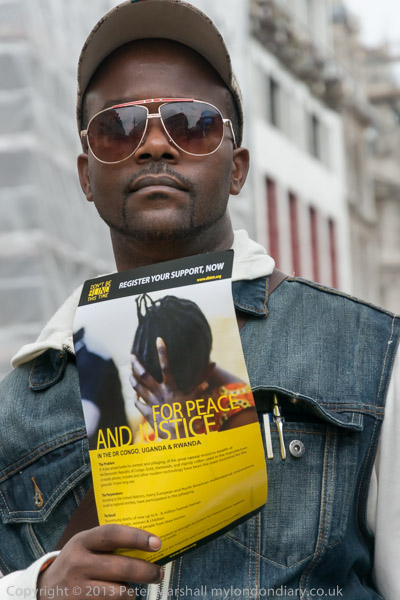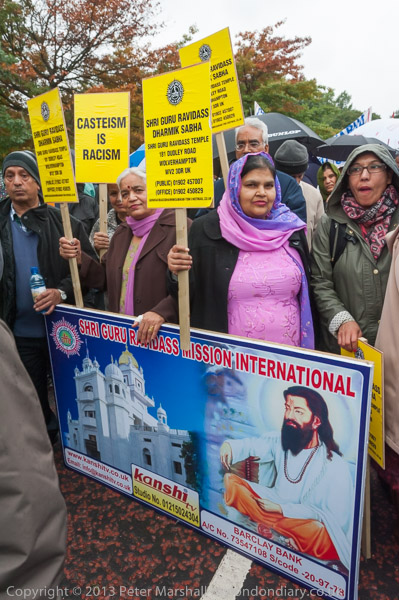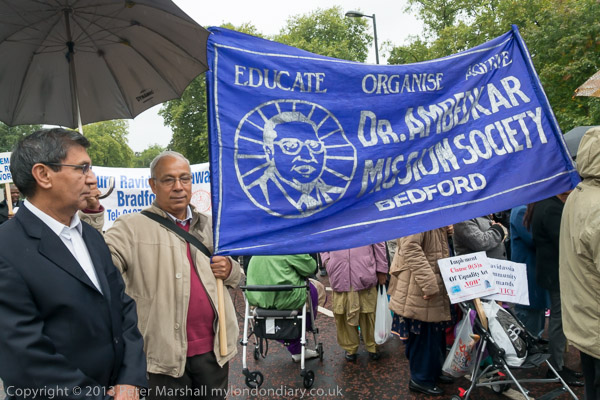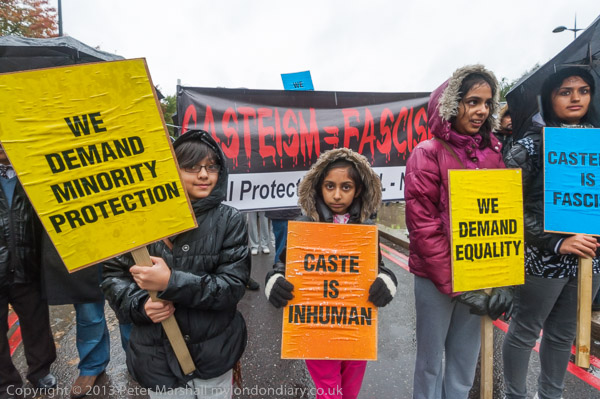Strangers into Citizens March and Rally: On Monday 7th May 2007 on the Bank Holiday, London Citizens, an organisatioin working for social change through ‘community organising‘ inspired by the US civil rights movement and earlier struggles in the UK by “the Levellers, the Abolitionists, the Chartists, early trade unionists like the match girls and dock strikers, and the Suffragettes” organised a march and rally to launch their ‘Strangers Into Citizens’ campaign, This called “for the mass regularisation of people without immigration status, who have put down roots in this country over years but are vulnerable to exploitation and hardship.”
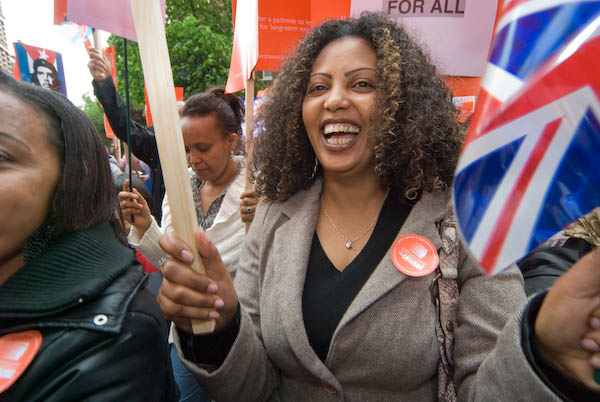
I attended this, took photographs and published a post about it on My London Diary, which is a little hard to find and to connect with the pictures there. Here it is again with the usual corrections and a few of the pictures – with links to the rest.
Strangers into Citizens March and Rally
Westminster, London. Monday 7 May, 2007
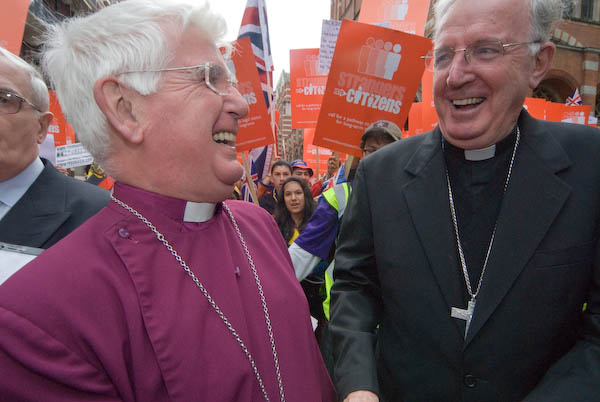
Over the past years, many people without British passports had come to live in our country. Some of course had the right to do so as EU nationals. Many have claimed asylum, often refused for trivial reasons of paperwork or formalities even when people were clearly endangered in their home countries. Some claims drag on for years before a decision is made. Others have simply stayed on after studies or holidays, or entered the country without any permission.
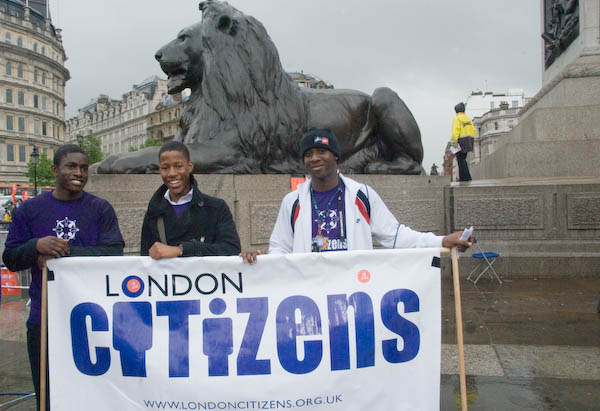
Almost all of these people have one thing in common; they want to work and earn a living. Their work – often for very low wages at or below the national minimum – has helped to keep our economy buoyant, although in many cases they do not have the correct papers to work legally. They are thus open to exploitation and often unable to access medical services or even open bank accounts. One in 100 of those living in Britain is currently in this kind of limbo.
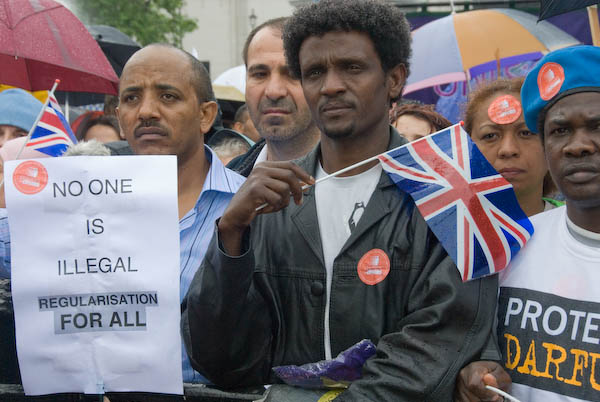
Many have lived here for years, paid their taxes and contributed to society in various ways – helping to run the parent teacher associations at their children’s schools, supporting local churches and mosques, volunteering for charities – as well as their work. Most of them will remain here – as the government admits there are just too many for them to be removed in any remotely civilised manner.
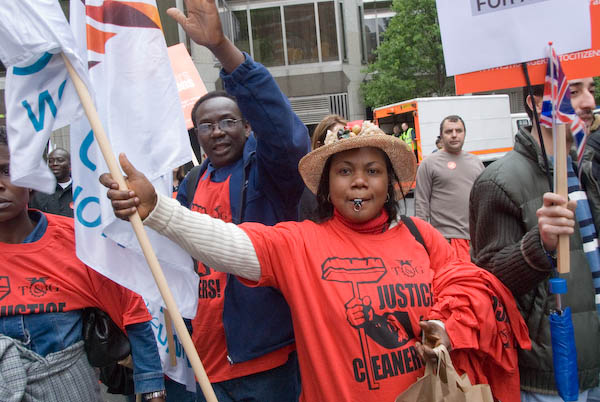
Not that it is civilised for the unfortunate few picked out by the authorities for a 4.30am raid, not given the opportunity to properly pack their belongings or say goodbye to friends and neighbours, taken to the airport and put on a plane back to a country where they may well face persecution for their political or religious beliefs.
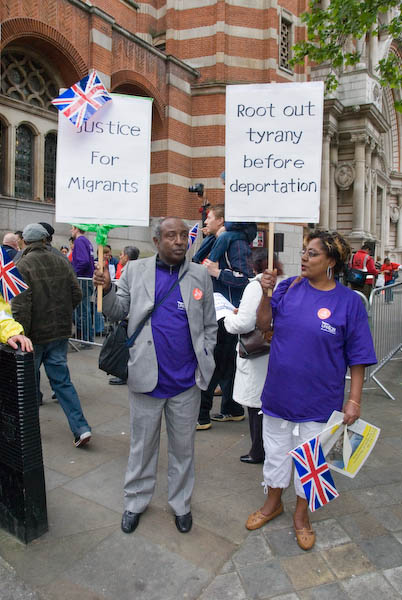
This is a problem that needs a sensible, humane and pragmatic solution. Strangers Into Citizens have proposed one: – those irregular migrants who have lived here for more than 4 years should be given a 2 year work permit; at the end of this, provided they get suitable employer and character references, they would be given leave to remain indefinitely.

Although a great advance on the current treatment of these people it seems to me not to go far enough; too many would still be left out in the cold. It’s also a a one-off measure, and needs (as Strangers Into Citizens propose) to be a part of a wider package of fair treatment for those applying for asylum or immigration.
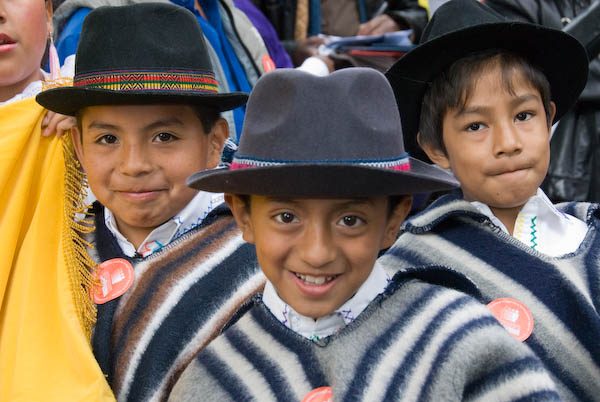
Since 2007 our political parties have shifted dramatically to the right, strengthening their already racist stances and now a new extreme-right party has gained significant votes in elections although still only having 5 MPs. At the last General election only the Lib-Dems and Green Party had more sensible and positive policies on migration.
So while the proposals by Strangers into Citizens seem sensible and humane – if rather limited – there seems to be no political possibility of them or anything like them becoming law.
More pictures on My London Diary.
Flickr – Facebook – My London Diary – Hull Photos – Lea Valley – Paris
London’s Industrial Heritage – London Photos
All photographs on this page are copyright © Peter Marshall.
Contact me to buy prints or licence to reproduce.
